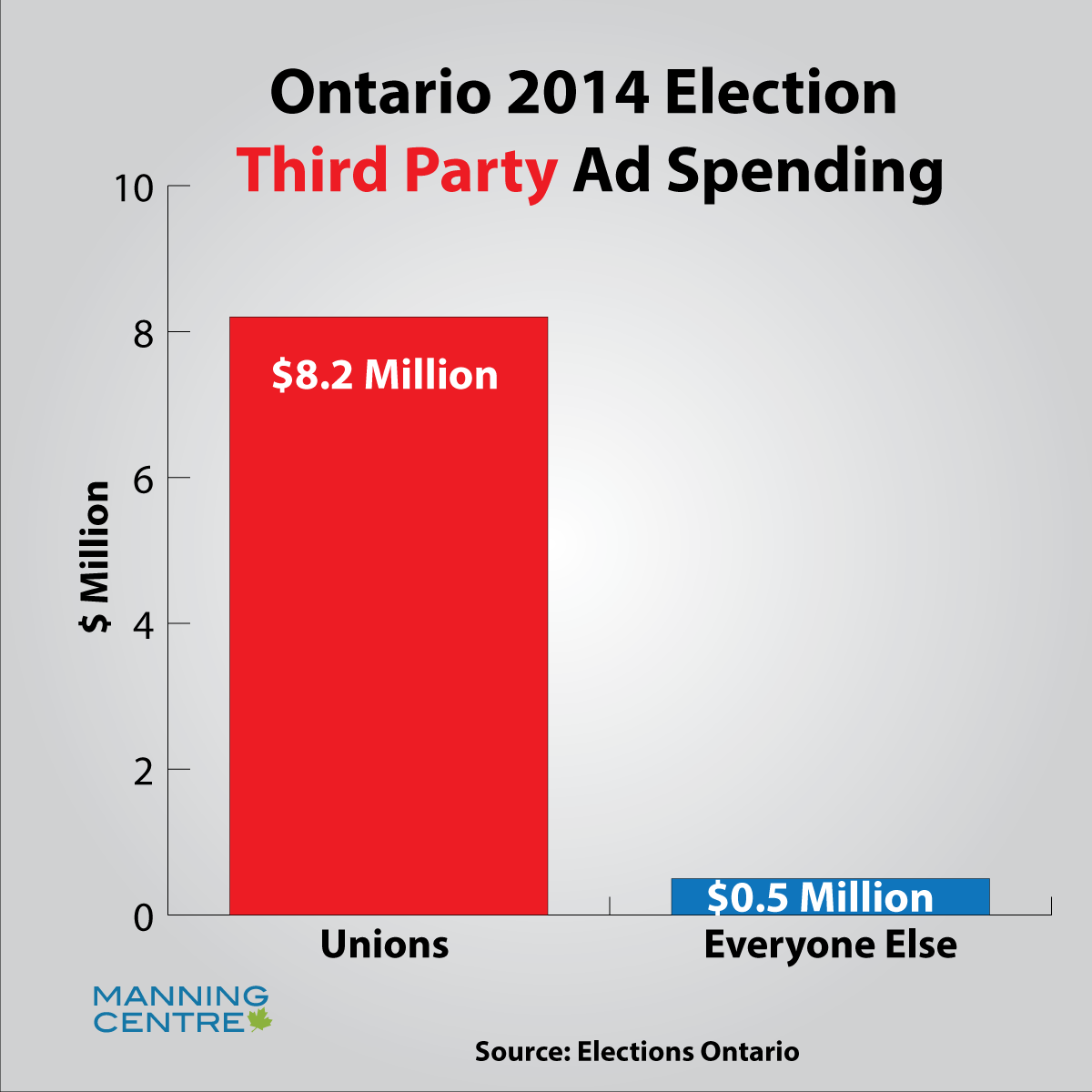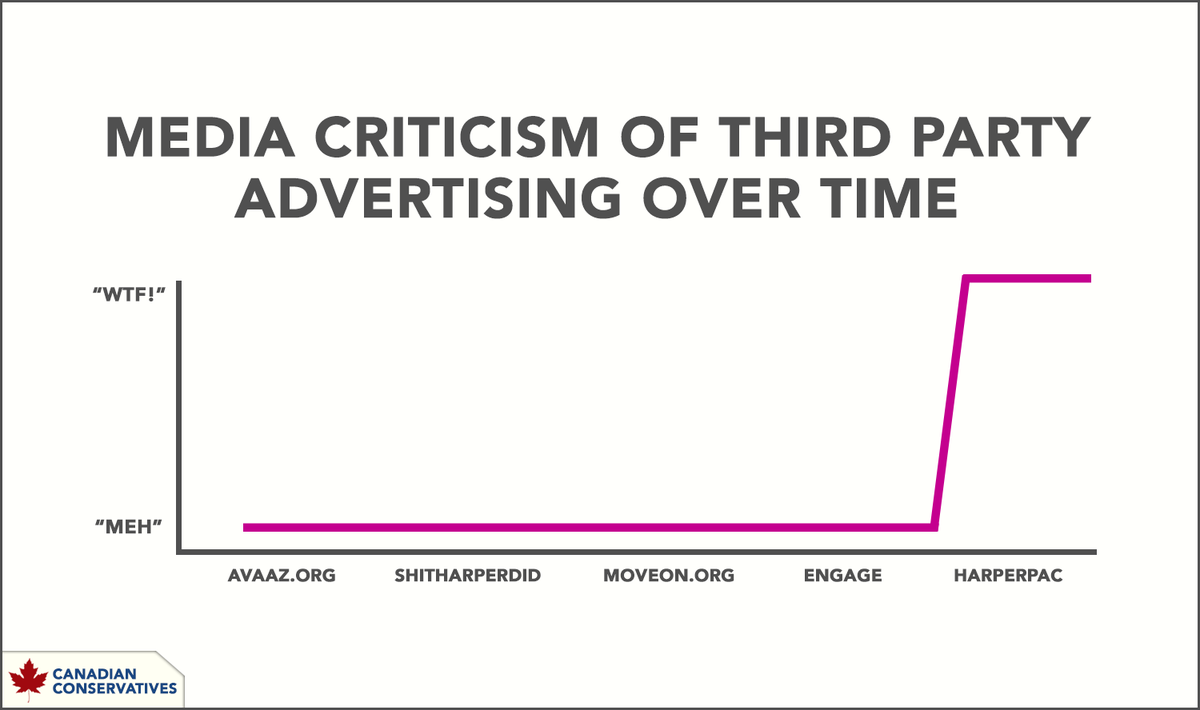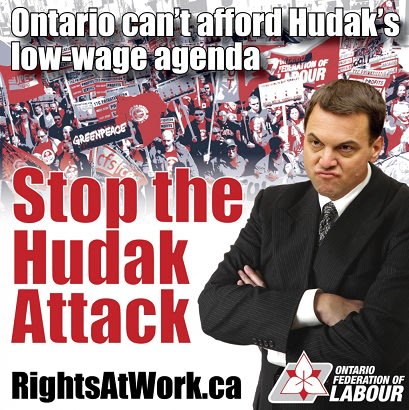- Reaction score
- 5,973
- Points
- 1,260
Liberal heavyweight Scott Reid offers what I think is a sound analysis in this article which is reproduced under the Fair Dealing provisions of the Copyright Act from the Ottawa Citizen:
http://ottawacitizen.com/news/politics/reid-in-the-midst-of-the-ndp-phenomenon-only-the-stupid-arent-terrified
The only points on which I would differ with Scott Reid are that:
1. There is no reason at all to assume that the "anti-Harper vote will congregate." It may, just as easily, remain deeply divided; and
2. All three major parties, Conservatives, Liberals and NDP ought to be terrified. Mr Reid is right than phenomena are terrifying and that no one really understands them ~ and that applies to Liberals, too.
Here's why I think all three major parties ought to be terrified:
1. The "anti-Harper vote" might congregate and even grow ~ making either M Mulcair or M Trudeau the 2015 equivalent of Jean Chrétien in 1993: the hammer of the Conservatives. That should terrify the CPC;
2. the "anti-Harper vote" might, equally, shrink and remain deeply divided giving Prime Minister Harper a "come up the middle" majority government. That should terrify both the Liberals and the NDP;
3. The "anti-Harper vote" might congregate behind the NDP. That should terrify the Liberals, above all; and
4. M Trudeau might turn his campaign around and convince the "anti-Harper vote" to congregate behind him. That should terrify both the Conservatives and the NDP.
There is a reasonable probability that any of those four, and other, scenarios might come to pass in October ... terrifying. :nod:
http://ottawacitizen.com/news/politics/reid-in-the-midst-of-the-ndp-phenomenon-only-the-stupid-arent-terrified

In the midst of the NDP phenomenon, only the stupid aren't terrified
Scott Reid
Published on: June 26, 2015
Stupid and terrified.
Those are the only two types of political strategists presently at work in federal politics. The stupid ones are easy to spot. They’re the ones who peacock all over the place insisting they understand what’s been happening inside voters’ heads recently. Poor bastards. Don’t even waste your time on them. That would only make you stupid too.
Pay close attention instead to those who are terrified. They’re the smart ones or, at minimum, they’re not the stupid ones. They at least have the brains to realize and the self-confidence to confess that they don’t know what’s going on. They don’t know why the NDP have recently shot to the top of the polls. They don’t know why Tom Mulcair has all-of-a-sudden become the Dos Equis guy. And, for sure, they don’t know if this NDP thing is going to burn itself out in the heat of the summer season – or grow even hotter, right in time for the fall election.
They. Just. Don’t. Know.
The terrifying truth for today’s not-so-stupid political strategist is that federal politics is suddenly in the mad grip of a phenomenon. And smart strategists hate being in the mad grip of a phenomenon even when it’s working in their favour. Because, by definition, a phenomenon can’t be controlled. You can’t stop it. Or keep it going. You can’t spread it around. Or concentrate its focus. And you most certainly cannot put it on pause for a couple months and then fire it back up when you need it most. It’s a phenomenon – a wild bucking beast. It will go where it wishes, when it wishes and for as long or as little as it wishes.
Some NDP strategists might take exception to this characterization. They would prefer that we believe their recent success is the consequence of carefully planned and deliberately calibrated strokes of genius. This is the “slow and steady, I knew it all along” theory that is the current darling of Ottawa chattering classes.
The best of NDP strategists are smarter than that. They know better than to confuse being present for a phenomenon with being its cause. Mulcair’s team has done a bunch of things well. In particular, they’ve impressively defended their Quebec and BC strongholds. But to claim credit for what has happened in recent times – to suggest it was predicted and predictable – is flat-out disingenuous.
The federal NDP had precious little to do with Rachel Notley’s breathtaking win in Alberta. And it’s not clear what her success has to do with Mulcair’s sudden spike in popularity. Empirically, the NDP leader is no better known to people today than he was just a couple months ago. His economic program – which remains still largely undetailed – has not somehow lit the imaginations of Ontario’s voters overnight.
And yet. Something’s happened. Something phenomenal.
The most logical explanation is that Notley’s victory opened a door that the Harper Conservatives had successfully soldered stuck for the past decade. Her win gave voters across the country permission to consider change. It reminded people, tired by nearly ten years of the same unsmiling, scowling severity of Harper rule how refreshing it can feel to shake up the status quo. Coupled with a weak showing from the Liberals, it created the conditions for the NDP’s recent rise nationwide.
But that’s just a guess. And what do you do with it anyway? By October, the hum of change in Alberta might give way to the dirge of governing. Will that hurt Mulcair? Will voters in Ontario reconsider their recent infatuation? Are there choices the NDP can take today that will enhance the likelihood of extending this spring romance?
The smart NDP strategist is terrified right now because they know that they don’t know exactly how they got here. And that makes it awfully hard to know how to stay there. If you think that sucks, imagine being the other guys.
The great reassuring hope for the Liberals is that this phenomenon, which they understand no better than the NDP, might cease as quickly as it started. In the meantime an action plan is taking shape. A steady flow of policy announcements have been made to show Trudeau as the true champion of change. He’s hit the interview circuit to win back some share of mind. And the campaign has scheduled a big new media buy. All good moves. But hard to know if they’ll pay off because, once again, this thing is a bit of a phenomenon.
Then there’s the Conservatives – the self-styled toughest SOBs in the political jungle. Not only do they also not know what started the NDP surge, it’s not even clear if stopping it will work to their benefit. Outside of some targeted radio ads in BC, the Conservatives have kept their mitts off of Mulcair and stayed focused on Trudeau. Why? Definitely because they believe the Liberal Party could still throw some voters their way. Probably because they believe cutting into Mulcair would only help Trudeau. And maybe because they think the NDP have come close to hitting their vote ceiling.
But even if all of that is correct, the Conservatives’ goose might still be cooked. Whether it lasts or not, whether Mulcair soars higher or drifts back downward, the scent of change has reached the public’s nostrils. That’s never good for the incumbent. Political predictions aren’t worth the internet they’re written on but here’s one that bears remembering: by Election Day, the anti-Harper vote will congregate.
Right now, that looks like it would work to the advantage of the NDP. Maybe things will turn and it will reward the Liberals. Who knows? But sitting south of thirty in the polls, with a stalled economy, a Senate in scandal, a disapproval rating of 65% and the country still in the mad grip of a phenomenon, the Conservatives would be particularly stupid to not be terrified.
Scott Reid is a principal at Feschuk.Reid and a CTV News political analyst. He was director of communications for former prime minister Paul Martin.
The only points on which I would differ with Scott Reid are that:
1. There is no reason at all to assume that the "anti-Harper vote will congregate." It may, just as easily, remain deeply divided; and
2. All three major parties, Conservatives, Liberals and NDP ought to be terrified. Mr Reid is right than phenomena are terrifying and that no one really understands them ~ and that applies to Liberals, too.
Here's why I think all three major parties ought to be terrified:
1. The "anti-Harper vote" might congregate and even grow ~ making either M Mulcair or M Trudeau the 2015 equivalent of Jean Chrétien in 1993: the hammer of the Conservatives. That should terrify the CPC;
2. the "anti-Harper vote" might, equally, shrink and remain deeply divided giving Prime Minister Harper a "come up the middle" majority government. That should terrify both the Liberals and the NDP;
3. The "anti-Harper vote" might congregate behind the NDP. That should terrify the Liberals, above all; and
4. M Trudeau might turn his campaign around and convince the "anti-Harper vote" to congregate behind him. That should terrify both the Conservatives and the NDP.
There is a reasonable probability that any of those four, and other, scenarios might come to pass in October ... terrifying. :nod:








